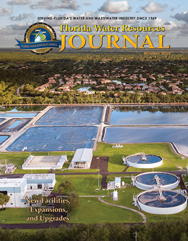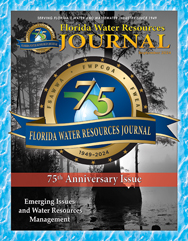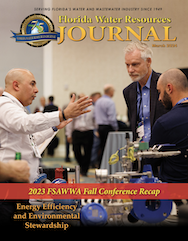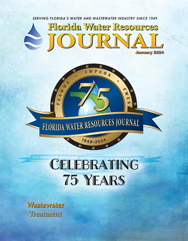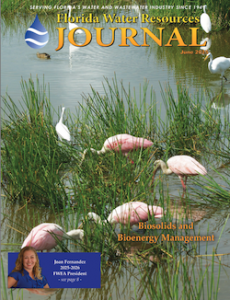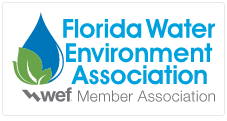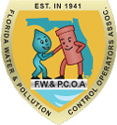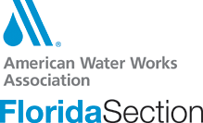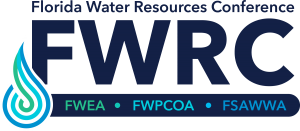Orange County Utilities – Water Division’s Assistant Manager
Lead the future of water quality at Orange County Utilities!
Join our dynamic organization as the Water Division’s Assistant Manager where you’ll oversee our state-of-the-art laboratory and dedicated teams of scientists, support staff, and professionals in water production, conservation, and cross connection control. If you’re motivated to ensure the delivery of high quality and reliable water service to our community, do not miss this opportunity.
Apply now at www.ocfl.net/jobs – Job ID: 36695
Annual Salary: $99,195.20-$143,852.80 based on qualifications
We’re seeking a water professional with industry and supervisory experience who will
- Mentor talented professionals, including 30+ chemists, microbiologists, and scientists, to produce high quality, efficient results
- Develop and implement strategic goals and tactical plans for long-term success
- Perform data analysis and prepare reports
- Promote the division throughout the industry, including at community and board meetings
Benefits include generous time off and paid holidays, low-cost insurance, excellent retirement options, employee wellness programs, and long-term stability.
Minimum Qualifications:
- Bachelor’s degree in Biology, Chemistry, Engineering, or Public Administration, or closely related field, from an accredited institution
- Five years of progressively responsible customer service experience in a water or wastewater utility, to include two years of supervisory experience
City of Palm Coast, FL – Director of Utility
Under the direction of the City Manager, the purpose of the position is to direct responsible professional, technical, managerial, and administrative work over regulatory and operational activities of utility services throughout the city. Employees in this classification function in an executive capacity and are responsible for ensuring adherence to and compliance with all applicable City, State, and Federal codes and regulatory requirements regarding water and wastewater processing. The objective is to ensure the safety, health, and general welfare of the public and business community.
Salary Range $110,000-$160,000. Contact Renina Fuller, 386-986-3725, palmcoast.gov for additional information. EOE. Under Florida law, applications are subject to public disclosure.
Coral Springs Improvement District – Department Supervisor

Water Distribution and Wastewater Collection Department Supervisor
- Studies proposed projects to evaluate the most feasible approach for excavations and repairs.
- Supervise, direct, plan, schedule, and assign the work of crews to specific jobs requirements and manpower ability.
- Responds to calls for emergency service and effectively resolves complaints from the public regarding maintenance work, projects, and/or staff activities.
- Experience working with gravity sewer systems, force mains, and lift stations is required.
- Responsible for keeping up with all current and future regulations and compliance with all local, county, and state mandates.
- Class A water Distribution and wastewater collection licenses preferred.
- Salary range $60,000 – $84,000. Salary to commensurate relative to level of license and experience in this field.
- Benefits:
- Excellent benefits which include health, life, disability, dental, vison and a retirement plan including 457b with a 6% match and 401a 6%
Please send resume to .jimmyh@csidfl.org Director of Human Resources
Orange County Utilities Senior Engineer
Orange County Utilities is accepting applications for multiple Senior Engineer positions in the Capital Improvement Program of the Engineering Division. Successful candidates will possess strong project management skills and have experience with renewal/replacement of gravity sewer and pump stations, septic-to-sewer conversion projects, and management of grants from federal, state, or local agencies. Excellent benefits and salary commensurate with experience and education. Search Job Code:7037 Apply at: www.ocfl.net/jobs






